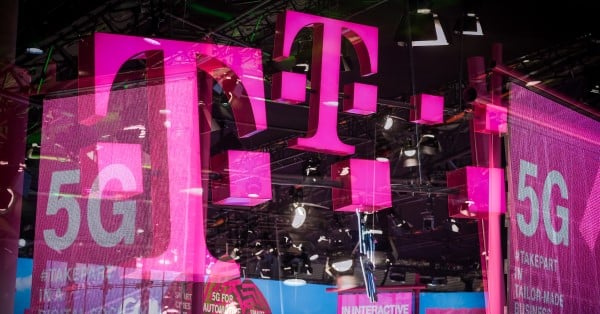Metaverse experts argued the potential of the sector goes beyond providing new revenue opportunities, claiming it opened the door to societal benefits by promoting collaboration and allowing people to redefine themselves completely.
XEODesign founder Nicole Lazzaro (pictured) used a keynote to outline opportunities to use the metaverse to create new worlds and ways of exploring them using haptic controls, breaking away from long-standing hardware-based approaches involving PCs, keyboards, and joysticks.
“The metaverse simply merges the digital and physical worlds”, Lazzaro explained, citing the potential to “provide people shared experiences and tools to collaborate, build and play”.
Lazzaro noted the devices required to tap into this new world are still emerging, citing wearables including spectacles and VR headsets. But she added smartphones are already powerful enough to enable people to experience the metaverse today. “What better on-ramp to these new kinds of game experiences than the computer in your pocket?”
Until different devices become more widely available, the way most people access the metaverse is “going to be the phone”.
The societal theme was picked up by Sebastien Bourget, co-founder and COO of The Sandbox (pictured, left), who noted avatars bring the first opportunity in human history to “define our identity”. Avatars are “this new digital identity that represents you” in the metaverse. “We can really choose who we are, man, woman or even non-human creature”.
Lazzaro argued society is in control of what the metaverse is today and how it will evolve. She noted it is up to users to decide how they want to use the system, whether to explore, jointly solve puzzles, or study using “books that come to life.”
Source: Mobile World Live



























